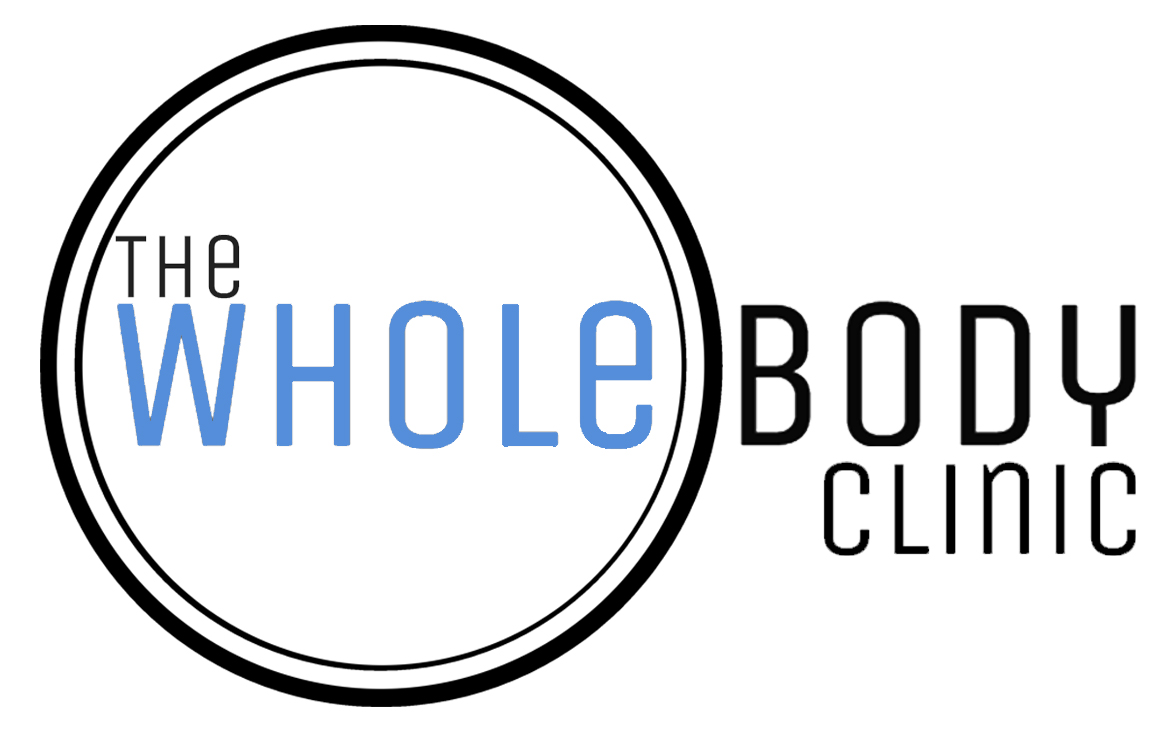Physiotherapy For Treating Fatigue

Everybody feels tired sometimes— it’s a fact of life! Not sleeping enough the night before can easily have you feeling weary and worn out the next day, but the feeling tends to go away after a good night’s sleep.
However, sometimes tiredness is more than just tiredness— it can have a large effect on your life. Fatigue is another level of tiredness that is more extreme than general tiredness, and may persist regardless of the amount or quality of sleep you get. So is physio for fatigue an option, and if so, how does it work?
This article explains what fatigue is, what can cause it, and how physiotherapy may be able to help. For personalised advice, contact our team at Whole Body Clinic today.
What Is Fatigue?
If tiredness is level 1, you can think of fatigue as level 2. Fatigue is extreme tiredness that impairs your ability to function as you normally would, and can be mental, physical, or both.
Fatigue looks different for each person, and sometimes sufferers can hide it so well from others that people don’t know how they truly feel. It doesn’t have to look like falling asleep on the train or at work— though it can— to be fatigue.
Fatigue refers to your body not having enough mental or physical strength or energy to perform tasks with ease. These may be tasks you used to do easily or have always struggled with. You may find that most other people are able to complete these tasks much easier than you can. Mental fatigue also impairs your ability to concentrate or rationalise thoughts, which may result in confusion and memory problems. These symptoms, along with many others such as sluggishness, may affect your ability to function at home and/or at work.
What Can Cause Fatigue?
Fatigue can be caused by a number of physical and mental factors, such as:
Emotional factors
Emotional factors such as dealing with grief, work or home commitments, caring for others, financial circumstances, and family stress may lead to fatigue.
Physical factors
Fatigue may be caused by overworking your body through physical means such as sports and/or a lack of sleep. Other physical factors that can cause fatigue may be conditions such as anaemia (low iron), thyroid issues, and obesity. Additionally, our energy levels tend to decrease as we get older, so ageing may cause a person to become fatigued more easily.
Lifestyle factors
The things you put into your body and the way you use your body can impact your energy levels. The food and drink you consume, the hours you work, and caring responsibilities such as looking after children or sick or elderly family members may contribute to fatigue.
How May Physiotherapy Help Fatigue?
Physiotherapy may be able to help people who suffer from fatigue, such as people with the above conditions or those with Chronic Fatigue Syndrome.
During physiotherapy, your physiotherapist should discuss your concerns with you such as how long you’ve been dealing with fatigue and what, if any, methods you may have tried to combat it in the past. They should work with you to determine what your goals are— for example, working a full shift, walking for a kilometre without stopping, or spending time playing with your children without fatigue. Depending on your goals and personal circumstances including your physical abilities, they will determine which treatment or treatments may be best for you.
What Physiotherapy Treatments May Help With Fatigue?
When it comes to physiotherapy, including physio for fatigue, there is no one approach that suits everybody. The treatment/s that your physiotherapist recommends will be based on your individual needs and goals.
However, in many cases of physio for fatigue, exercise therapy is essential. Exercise therapy allows a person to build up their tolerance and endurance to everyday tasks in an effort to complete these tasks with more ease and less fatigue. These may be seemingly simple tasks such as grocery shopping, which may feel mountainous to people with fatigue.
Exercise therapy is generally built into everyday tasks rather than a time set aside for performing certain exercises. This is so the person is more likely to complete the therapy as it tends to be out of necessity. This allows people to develop and build muscle memory so that in time the muscles do not need to work as hard, reducing fatigue and improving confidence.
Specific exercises may include:
· Working squats into a person’s daily routine when needing to move between sitting and standing
· Doing calf raises when they would have otherwise been standing still, such as waiting for the kettle to boil
· Doing step-ups at the park while their children play rather than sitting still on a bench
· Working on upper body strength by lifting groceries above their head before putting them away
In addition to specific exercises, physio for fatigue may also include nutritional advice, pain management, and techniques such as electrotherapy.
Is Fatigue Impacting Your Life?
If fatigue is getting you down and stopping you from living your life the way you want to, it’s time to do something about it. Physio for fatigue may be able to help you improve your functioning and get back to living your life. With clinics in Mount Gravatt, Browns Plains, and Park Ridge, Whole Body Clinic offers physiotherapy services across Brisbane. To get started, contact our caring and professional team today.
